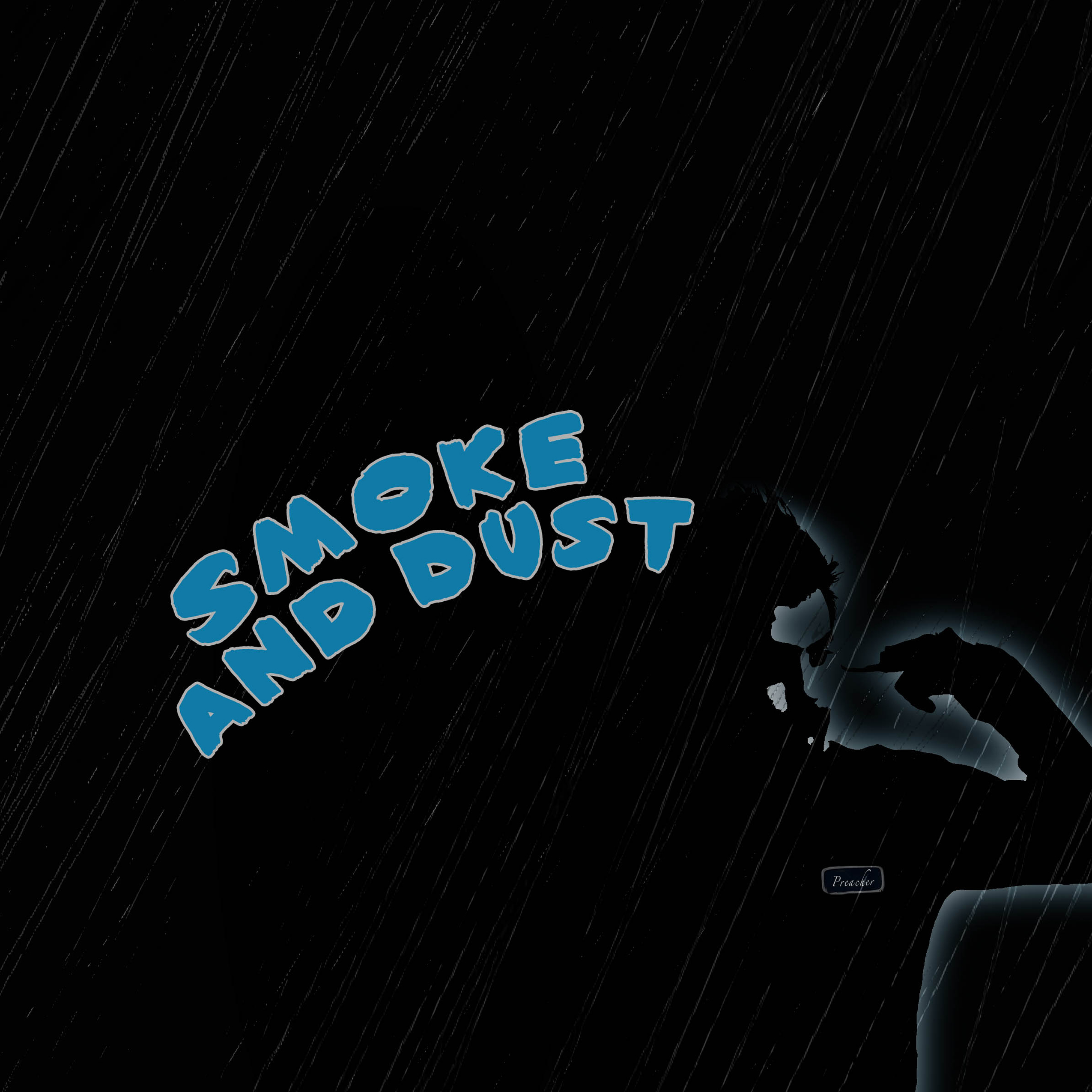During the days of King Solomon in Jerusalem (c. 10th C BCE), Israel was the superpower of the Ancient Near East. But things went downhill fast for that country – a national divide, subjugation, exile, oppression, slavery, fear – and the Israeli people in Palestine in 300 BCE could hardly fathom what the days of former glory were like.
God no longer parted the Red Sea or brought water out of the rock or inflicted their enemies with plagues or showed Himself on the mountain or brought swift and decisive victory or glory or hope.
Some in that hopeless world tried to whitewash the truth – claiming that God had given them a kind of victory they simply didn’t understand. Some tried to make the best of it and ignored the harsh reality of their world. Some tried to pretend everything was okay.
But not Koheleth, the Preacher of Ecclesiastes.
Where other writers might have tried to paint a sunnier picture, the Preacher paints everything black. Where other writers might have commended light to us directly, the Preacher shows us the light by making the darkness intolerable until we are swallowed by it and sickened by the smoke and dust.
Only then can we truly appreciate the glimmers of God in the dark.
Only then will the truly observant have second thoughts about whether or not to believe in anything ever again.
Everything we do is in vain; it is all futile, useless, meaningless, and stupid.
Ecclesiastes 1.2
By insisting that everything is meaningless – and yet also that God will judge every single thing we ever do – the Preacher pushes eternity into our faces and forces us to recognize that everything is indeed not meaningless.
God sees it all, remembers it all, and makes it all count, however short, or sweet, or bitter, or lengthy.
Ecclesiastes is not a helpful book for everyone – but it is for me. For me it is an invigorating and honest look at life in the world of stupid and useless pursuits.
My world.
Our world.
Our pursuits.
fossores
Dr. David McDonald is the teaching pastor at Westwinds Community Church in Jackson, MI. The church, widely considered among the most innovative in America, has been featured on CNN.com and in the Wall Street Journal, the New York Times, and Time Magazine.
David weaves deep theological truths with sharp social analysis and peculiar observations on pop culture. He lives in Jackson with his wife, Carmel, and their two kids. Follow him on twitter (@fossores) or online at fossores.com
Related posts
Categories
Category Cloud
Tag Cloud
Recent Posts
- Victors and Victims November 6, 2018
- 3 Hacks for Happiness October 29, 2018
- Hope Against Death September 20, 2018
- The Shape Of The Cross September 19, 2018


